People have the belief that the Macgillycuddy’s Reeks are owned by the national park, but they are privately owned. They are open to the public thanks to the co-operation of local landowners.
At the end of the road before you start climbing Carrauntoohil, you arrive at Cronin’s yard. John and Esther Cronin openly admit the old saying “location, location, location” applies to them.
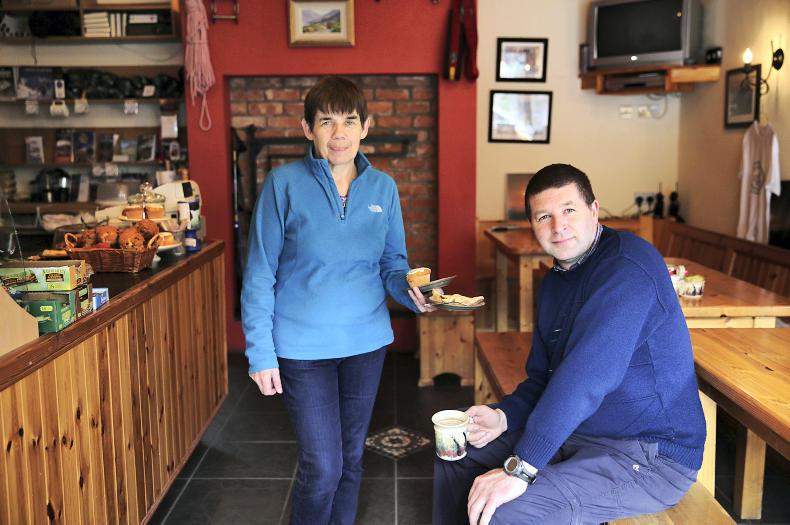
John and Ester Cronin, own and run Cronin's Yard Tea Rooms.
According to John, a vending machine was the catalyst for the transformation from a farmyard with a few cars parked to tea rooms, toilets and designated car parks.
“In about 1994 or 95, I approached a drinks company about hiring out a cold drinks vending machine,” he says, adding that he was apprehensive at first.
“There wasn’t as many walkers back then so I didn’t want to buy one. I was afraid it mightn’t work. I always remember it was an August bank holiday weekend and it flew. I couldn’t keep cans in it. The following year I bought a hot drinks machine and a cold one and we put them in a small shed we built inside in the big shed.”
Growth
It all grew from there.
“People coming in here thought it was great,” John adds. “That was there until 2004 and we decided then to approach South Kerry Development Partnership (SKDP) and see could we get some LEADER funding to build toilets, tea rooms and showers. We opened it in 2006 and that brought in other people. The problem we have now is that the building is too small, so we’ll have to consider extending it.”
The downturn in the national economy turned out to be a game-changer for the Cronins. Hillwalking was free, as John admits.
“What drove it mad was the recession. People that never walked before took up walking and they got other people involved. That’s when it kicked off. There was no gyms, no holidays, ‘twas all this staycation craic. I remember growing up and on a Sunday, the place was busy with five cars. Last year was bananas. Now there could be up to 200 cars on the busier days.”
The Cronins don’t charge for parking. They have an honesty box where people can make a contribution if they wish.
“Don’t be fooled by that, because it is purely an honesty box. You’d say with all the cars parked there Cronin is making a fortune, but sure half of them mightn’t pay at all,” he says.
It’s a situation that is frustrating for John and Esther and as John admits, it’s a bit of a chicken and egg situation.
“If we put up barriers and get people to pay for parking will they go to the free car parks then?”
Balance
“The facilities are there, we’ve got great reviews but the reviews won’t pay the bills so it’s about striking the proper balance.”
John also works at Kerry airport and runs a small sheep farm.
“The tea rooms have been a great success, but I still need an off-farm job. I couldn’t depend on it. Someone said to me, ‘Are you John the farmer, John the airport man or John the tea room man today?’ I’m wearing three hats.”
They have also had to overcome challenges over the years, for example walkers leaving gates open.
“A couple of years ago I had to gather sheep three times in the one day because of it. We got great support from SKDP and LEADER. With help from them, we came up with a plan and it has worked. We put in kissing gates and stiles and that has solved all our problems.”
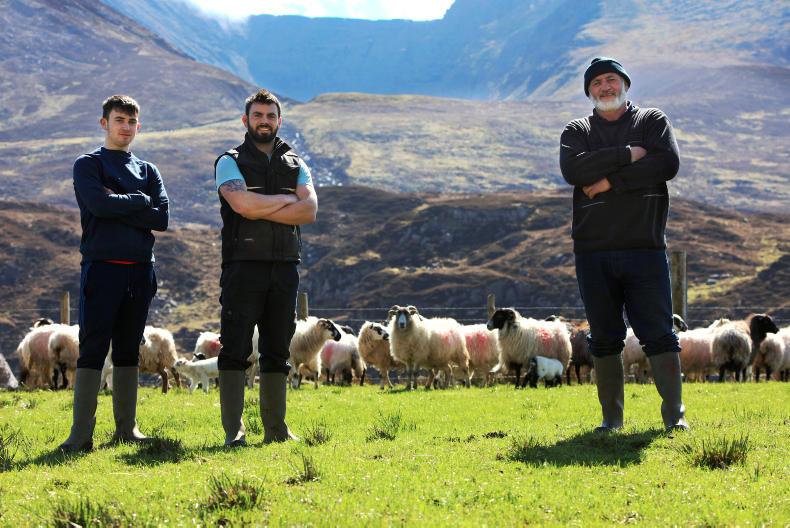
Sheep and Suckler Farmer Donal Doona, right of Coornameana, Glencar, Co.Kerry, is the fourth generation of Doonas' with ownership of The MacGillycuddy's Reeks.Donal is married to Kathleen and have two Sons, Shane, left, and Kieran, who is also a Sheep Farmer with land in Coolcummisk. \ Valerie O'Sullivan
Sheep farming in Ireland’s highest mountain range isn’t for the faint-hearted, as father and son, Donal and Kieran Doona of Coose Lake explain.
“It’s all walking and binoculars. There’s no quads,” says Donal Doona.
“We have a share of 1,500 acres of commonage but the sheep probably have more because there’s no fences. To gather we’d go whenever ‘twould brighten and we could be going until it gets dark.”
Kieran adds: “Many’s the time I went to the mountain and got nothing.”
He works full-time off-farm.
“That’s a whole day wasted. I take a week off to gather for shearing. Three days to gather and two to shear and get them back to the mountain.”
Hill farming is an entirely different proposition to what most farmers and indeed policymakers in Ireland are used to. The area farmed might sound large, but this would be considered by some hill farmers as “sky acres”.
Donal explains.
“The ground is too rough. You’d be lucky to stock a sheep to a few acres in parts. The Department wanted us to put more sheep on the commonage because when they checked it out they found the stocking rate was too low. We made an agreement with them but that took time and money with planners,”
Kieran continues.
“I’d love to be farming full-time. I’d love to be out on the hill every day of the week if I could. But it wouldn’t pay me. I can’t get any grants as I have no agricultural qualification. The current course in Killarney is two days a week and if I was to do it I’m concerned I might lose my job.”
The future
He’s not optimistic for the future of farming in Ireland’s highest mountains
“In 10 years there’ll be no sheep on the hills, here in the lower reeks anyway. If I’m still farming, I’ll have the hills to myself.”
His father backs up that statement.
“I think there will be no one here in time to come. It will be left idle. There’s no one down the glen to take on anything and it’s much the same story in most directions.
“You can see all the houses and they are all shut up. There was a gang of people there before and their children have gone. It’s sad. It’s a great place to live, no one will bother you, but that won’t keep you alive.”



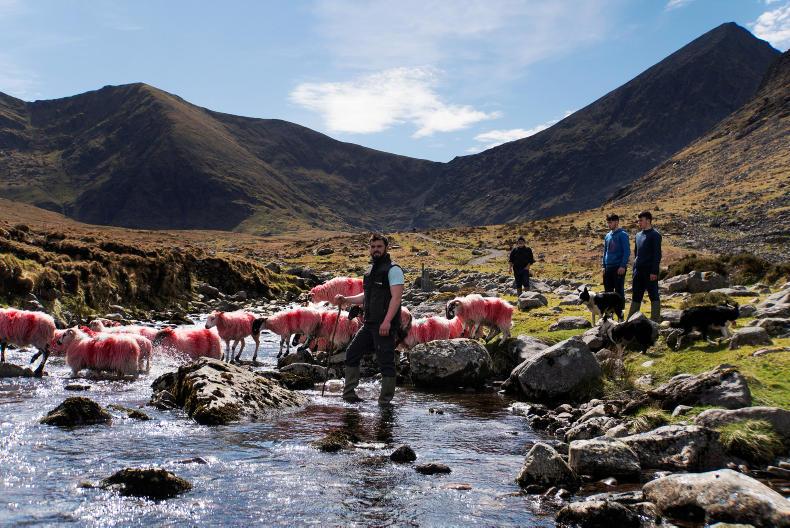
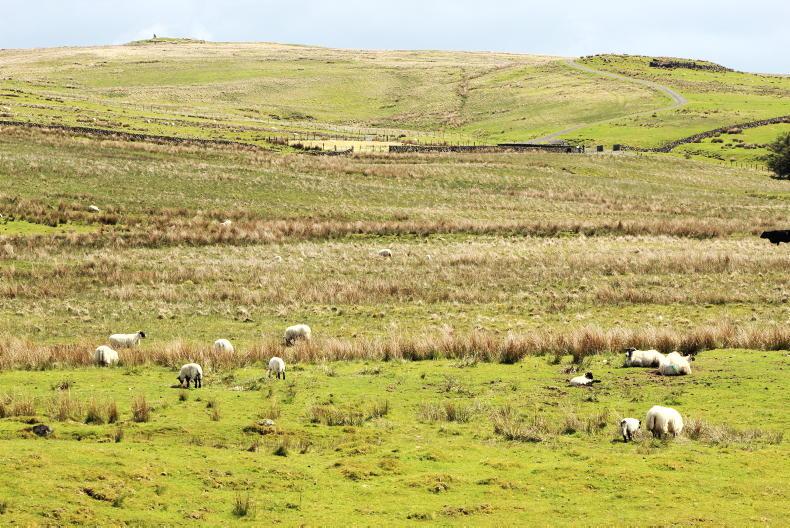

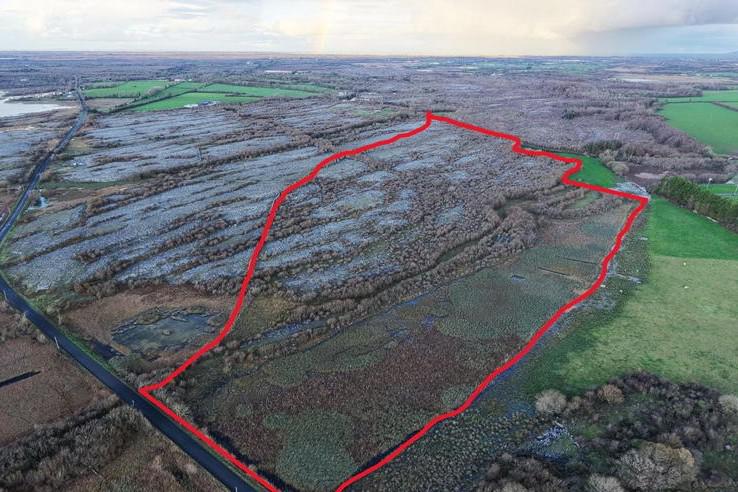
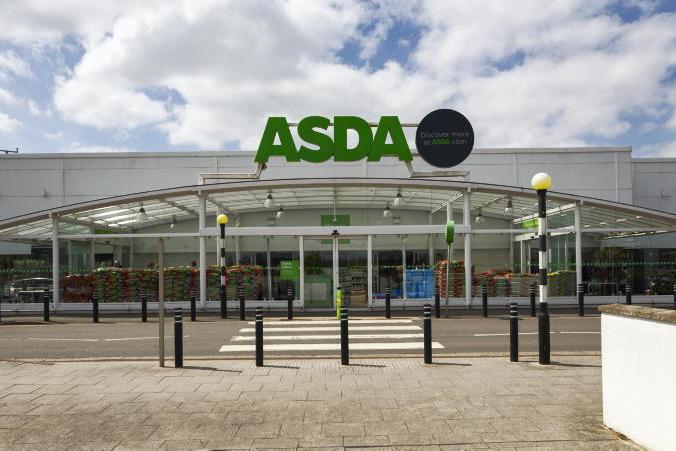
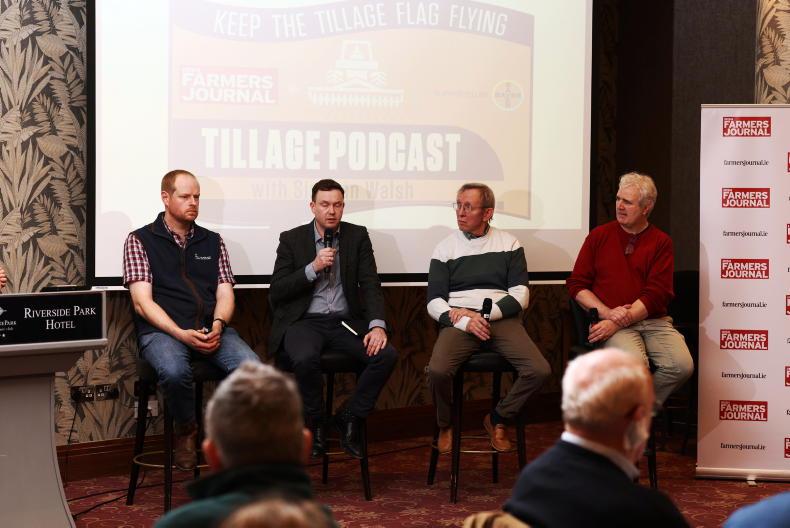
SHARING OPTIONS